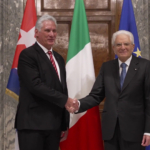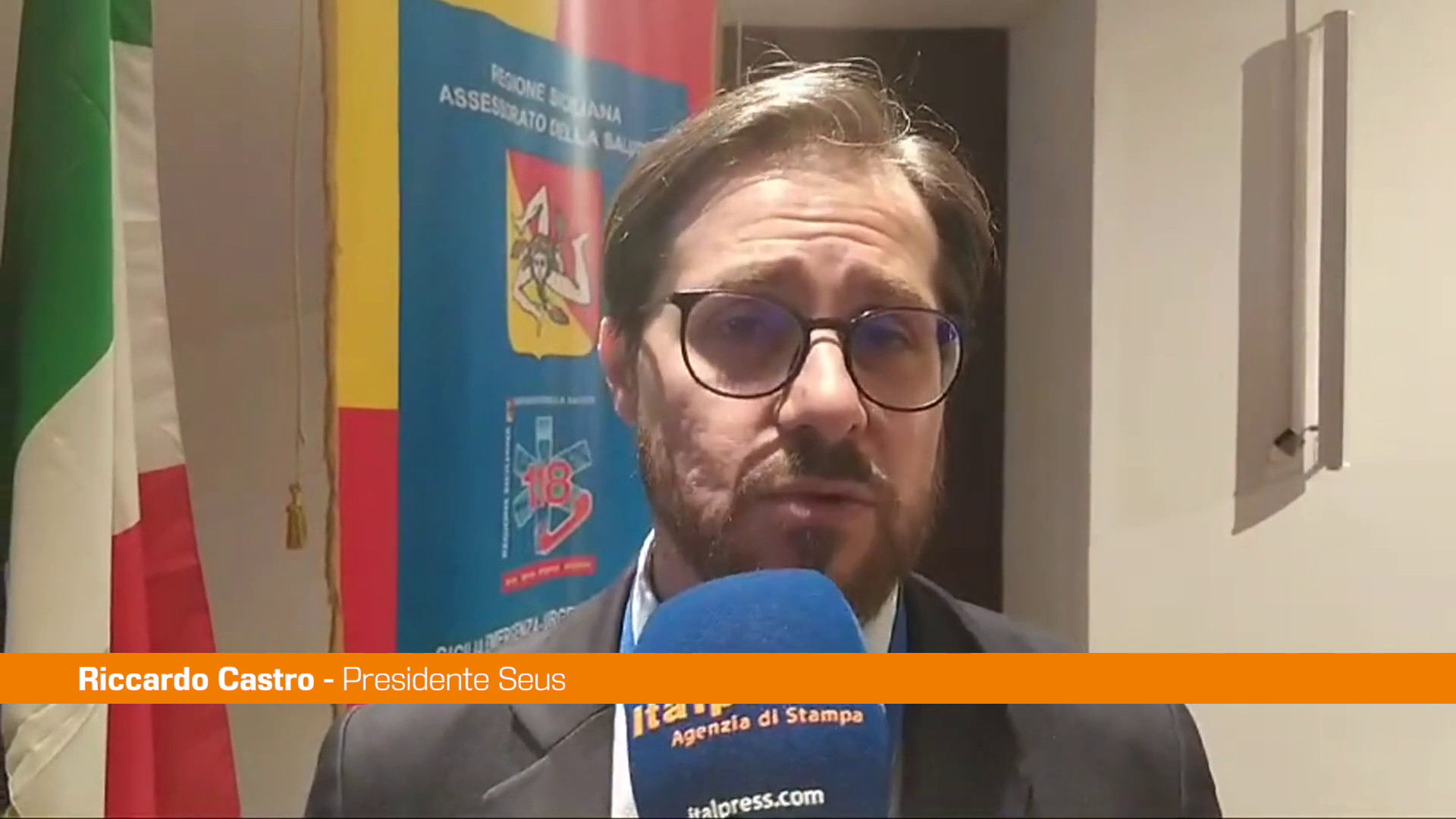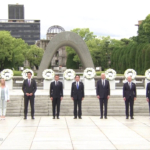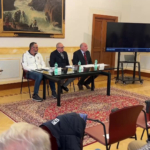On the 25th of November, Fidel Castro died at the age of 90, after governing Cuba from 1959 to 2008. As every man that changed the history course, his actions caused both admiration and resentment. Cuba declared 9 days of National mourning to honour the father of the revolution. The leader’s remains are exhibited at the José Martí Memorial in Havana and they will be carried to Stantiago de Cuba, where the funeral is due to be celebrated on the 4th of December. It is important to remember who was this personality who deeply influenced the course of the twentieth century.
Fidel Castro was born in 1926, in a wealthy family. He studied law at University and when he became a lawyer decided to take a stand for the poorest farmers, against the foreign companies on the island. His ideals led him to organize a first action against the Batista’s regime in 1953. However, the Moncada attack failed, and Castro was arrested. During the trial, he made his own defense speech, called “History will absolve me”. On that occasion, he demonstrated a great talent in public speech.
During the exile in Mexico, Fidel organized the revolution and met some of his future companions like Ernesto Guevara. The “Che” declared that he was fascinated by Castro’s charisma, so he decided to join the Cuban expedition. The revolution succeeded in 1959, thanks to the support of the population, as well as the clever use of the media.
Castro nationalized the foreign companies and properties on the island. This worsened the relations with the US, whose government imposed an economic embargo on Cuba. Fidel had to deal with the threat of an isolation of Cuba, so he decided to accept the protection of the Soviet Union.
However, the dissolution of the Soviet Union in 1989 marked the most difficult moment in the Cuban revolution. The end of the economic support offered by the Soviet Union, caused a deep economic crisis. In 1990, the Cuban government declared the beginning of a “Special period”, in which it would adopt a series of measures to assure decent living conditions to the population. The government also adopted measures that changed the economic system, allowing small private businesses and foreign investments.
Castro’s foreign policy focused on the support to the anti-colonial and revolutionary movements in developing countries. Cuba sent military consultants to many countries like Bolivia, Congo and Angola. However, Cuba also carried out humanitarian missions in the poorest countries, sending doctors and offering scholarships to young people unable to access to education in their countries.
Let’s focus now on the most controversial aspects of Castro’s domestic policy. The most criticized policies were the restrictions on private property, businesses and the lack of free elections (including the opposition forces). Many Cubans decided to leave the country in order to find a better standard of life abroad. In fact, the economic deprivation, mainly dependent on the embargo, is considerable. However, the Cuban system obtained great achievements in welfare. The National health service is excellent and completely free, as well as all levels of education. The crucial point is that Cuba is not a parliamentary and representative regime, it is a socialist regime. As a consequence, in Cuba there is only one party, and the elections are held in order to choose the members of an Assembly that makes political decisions without having the power of changing the socialist nature of the State.
To sum up, Castro changed the Cuban history and his revolution was an example for the people who fought against a colonial or neo-colonial regime. He showed them that it was possible to achieve independence and to find a National development strategy, not imposed by any other country. If many people did not share the communist ideals of Castro, the most of them recognized the efforts made by Cuba to gain its independence. Castro’s policy influenced the international stage. Even though he was widely criticized during his life, today the media are reconsidering part of his actions. After the death of the Cuban leader, we have to ask ourselves whether History absolved him from all the accusations or not.







